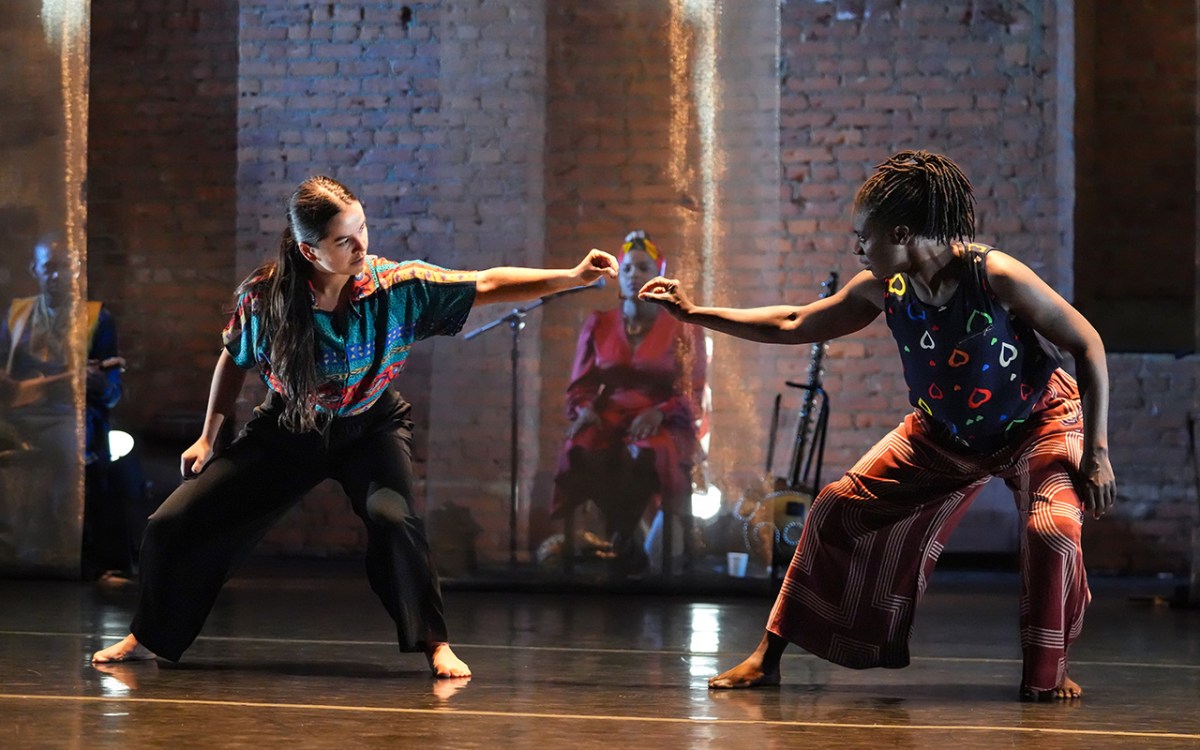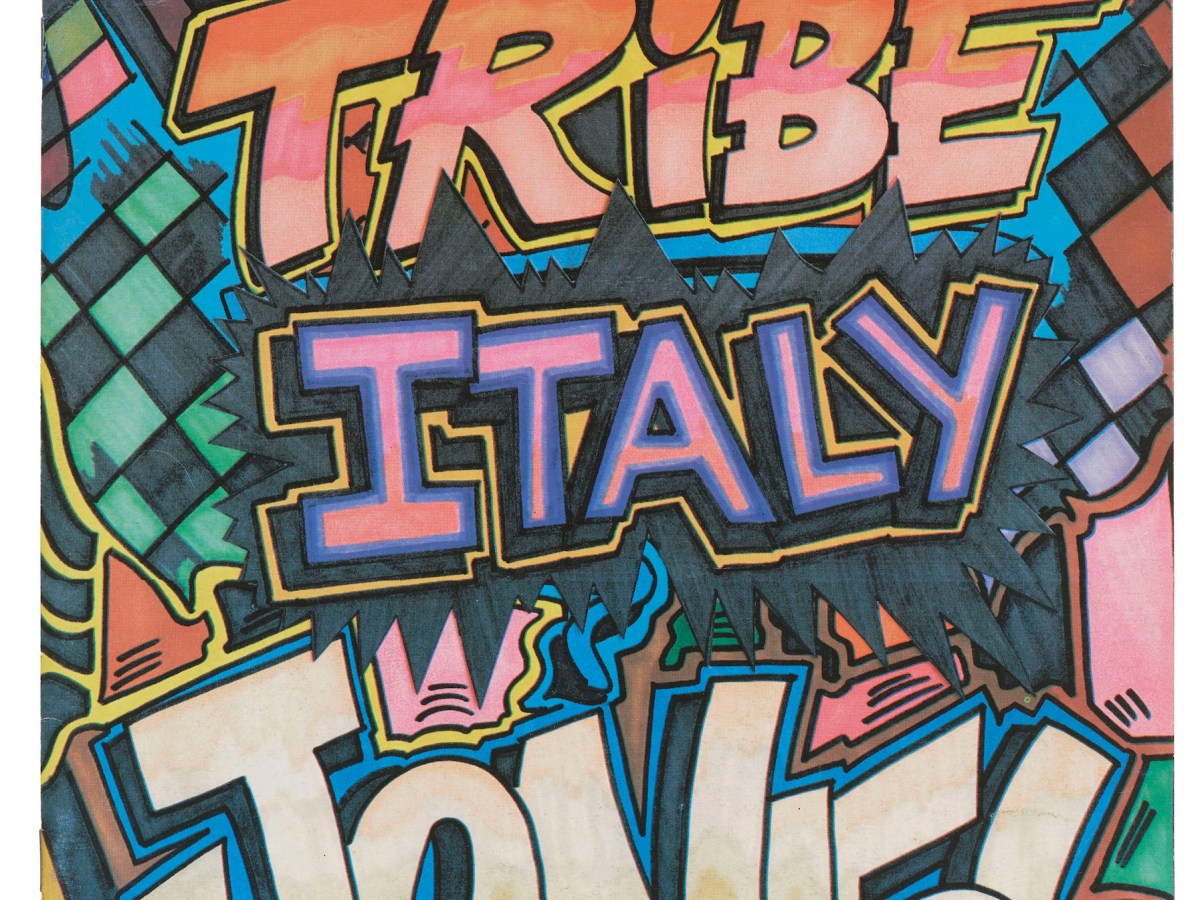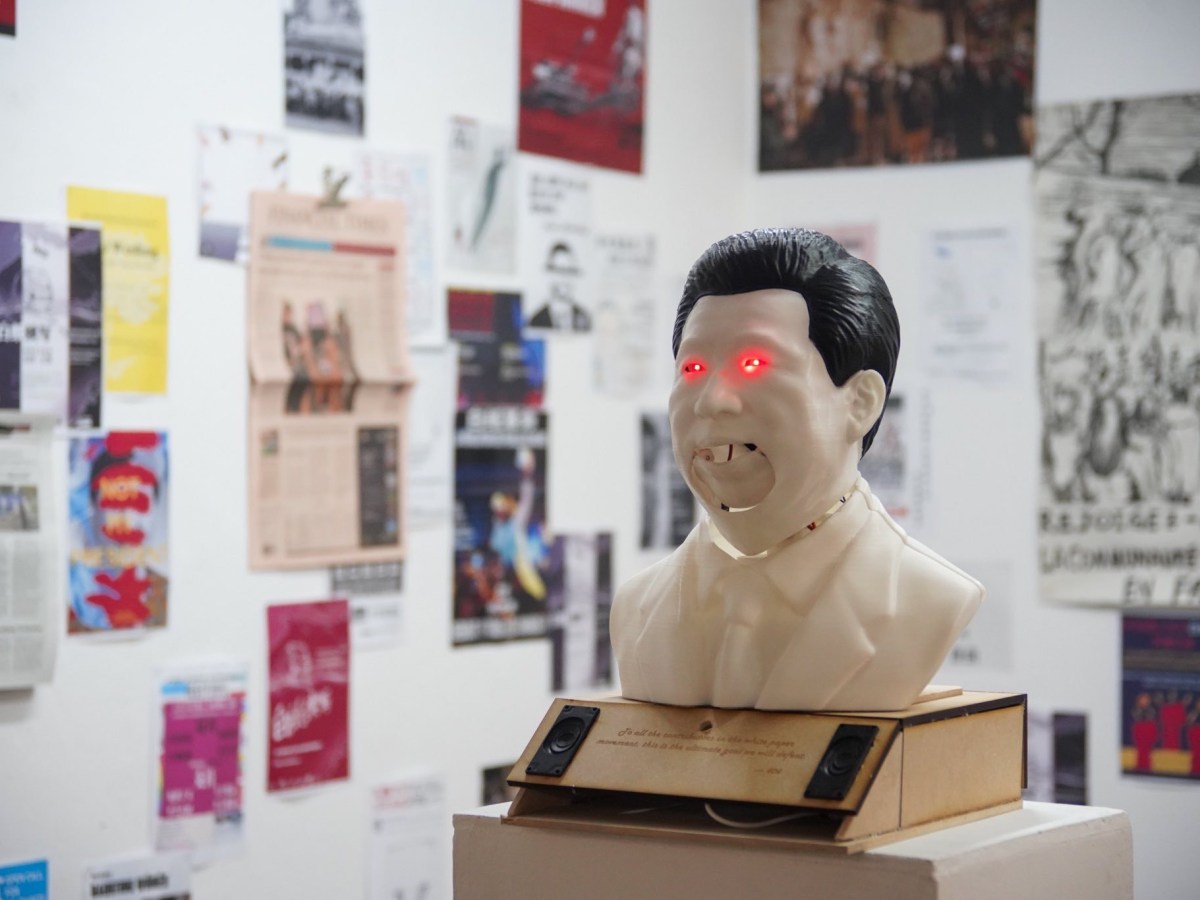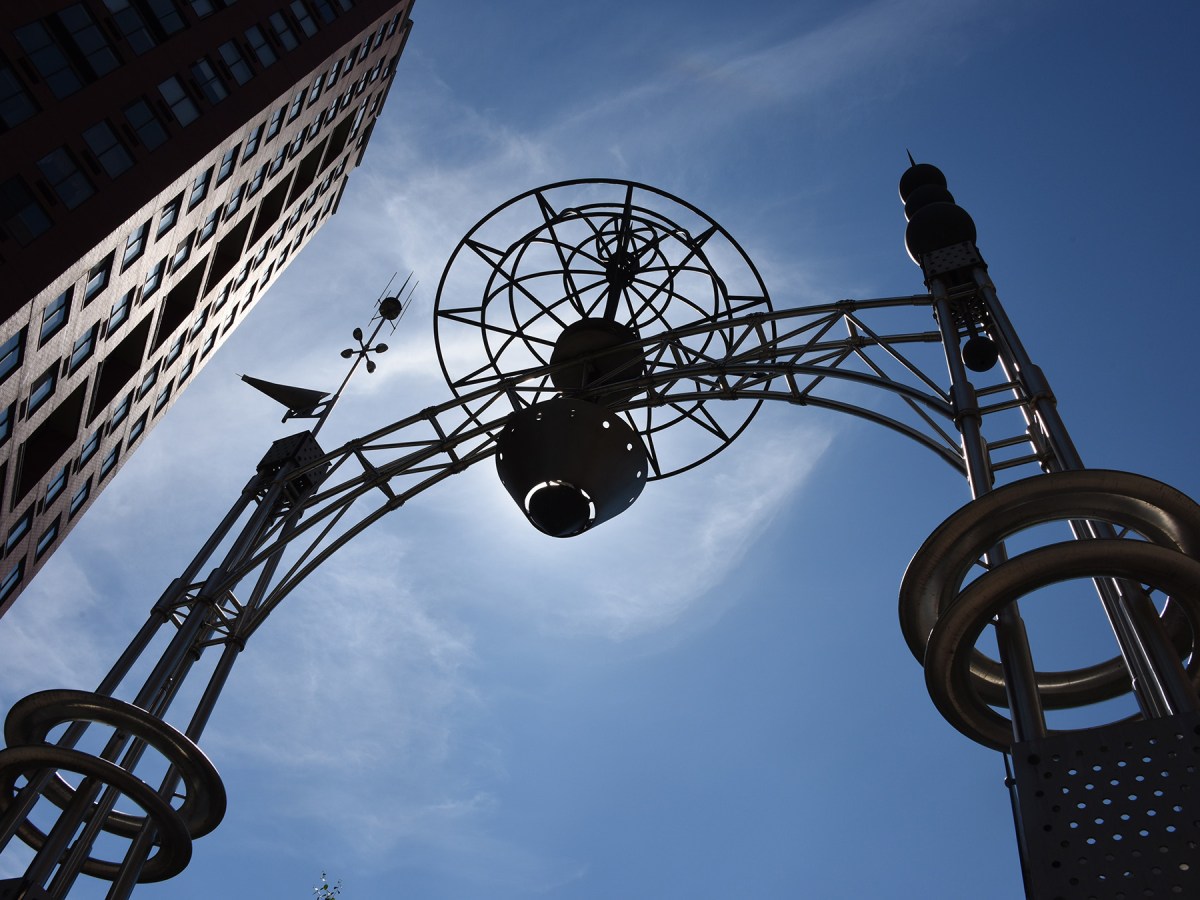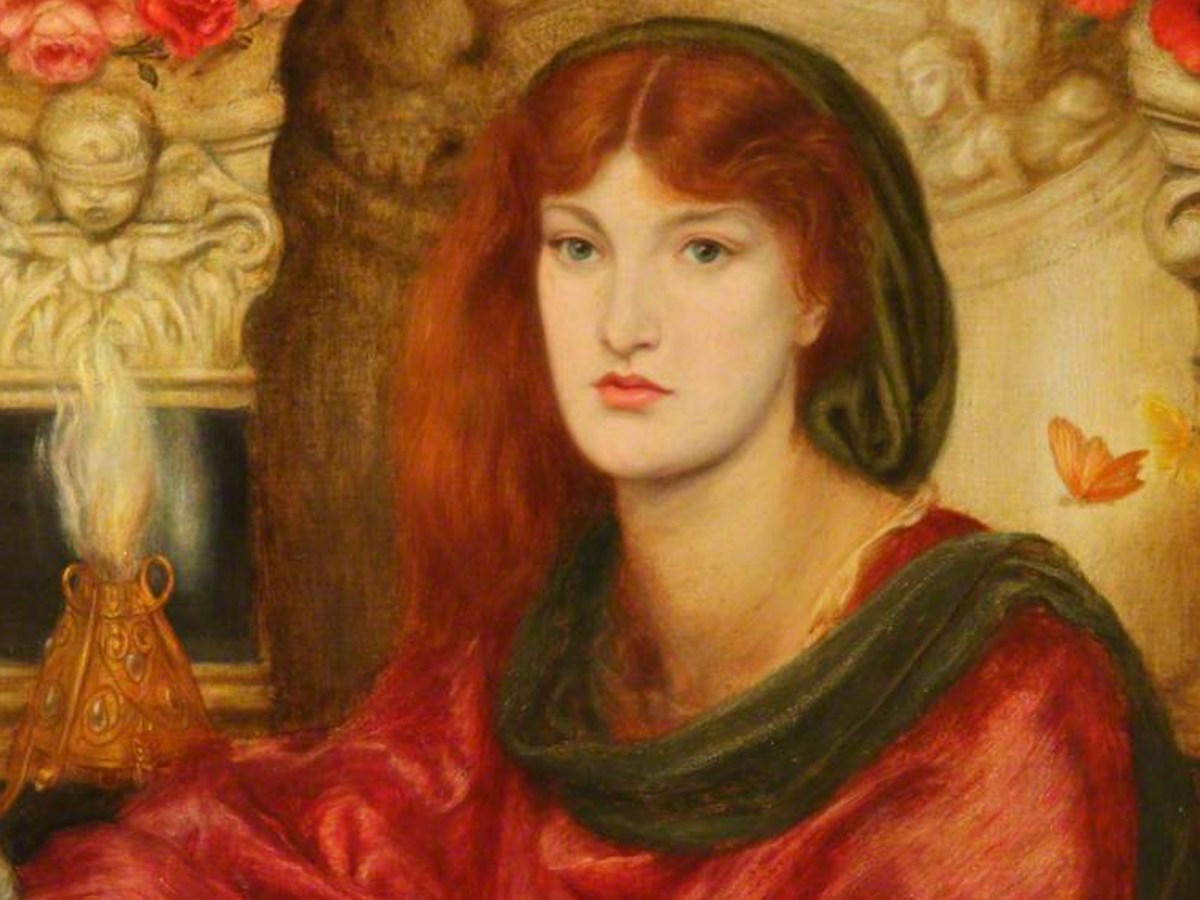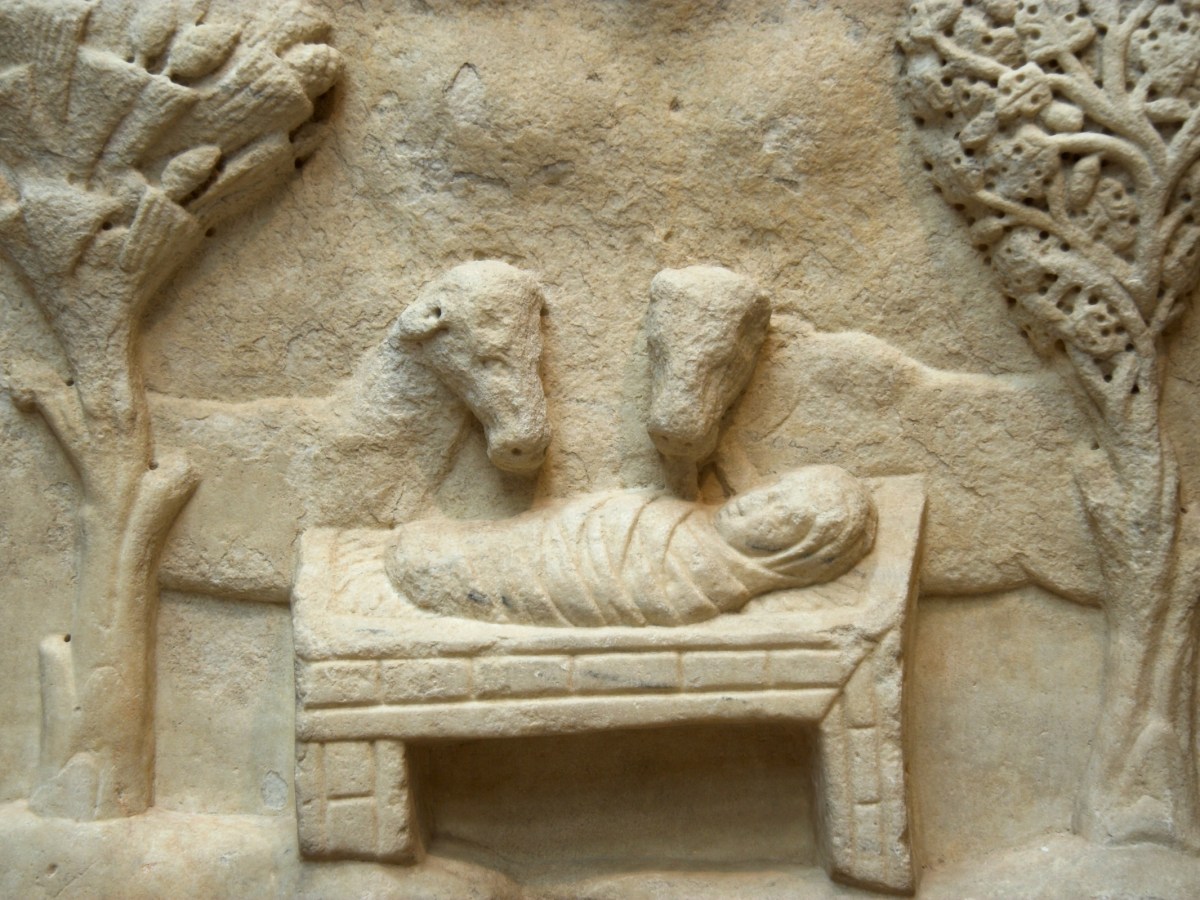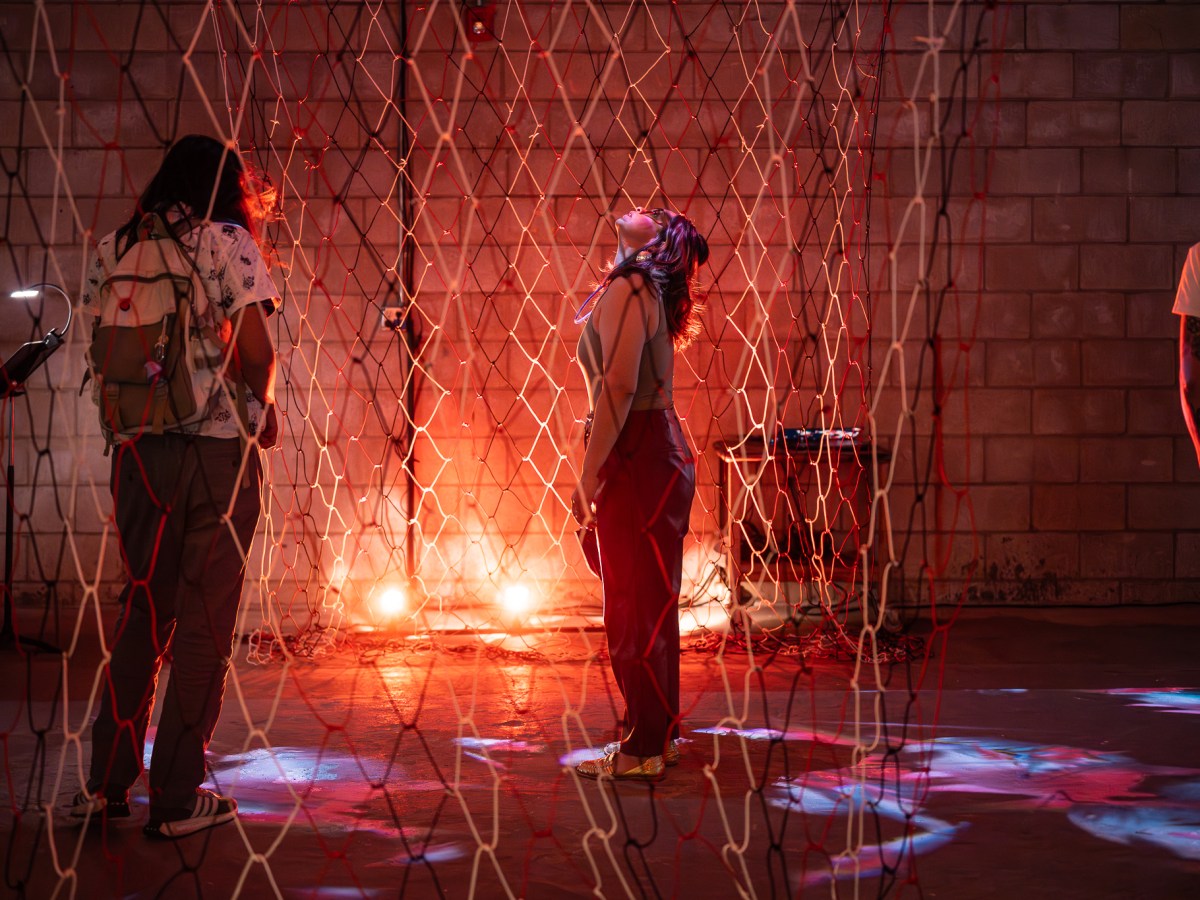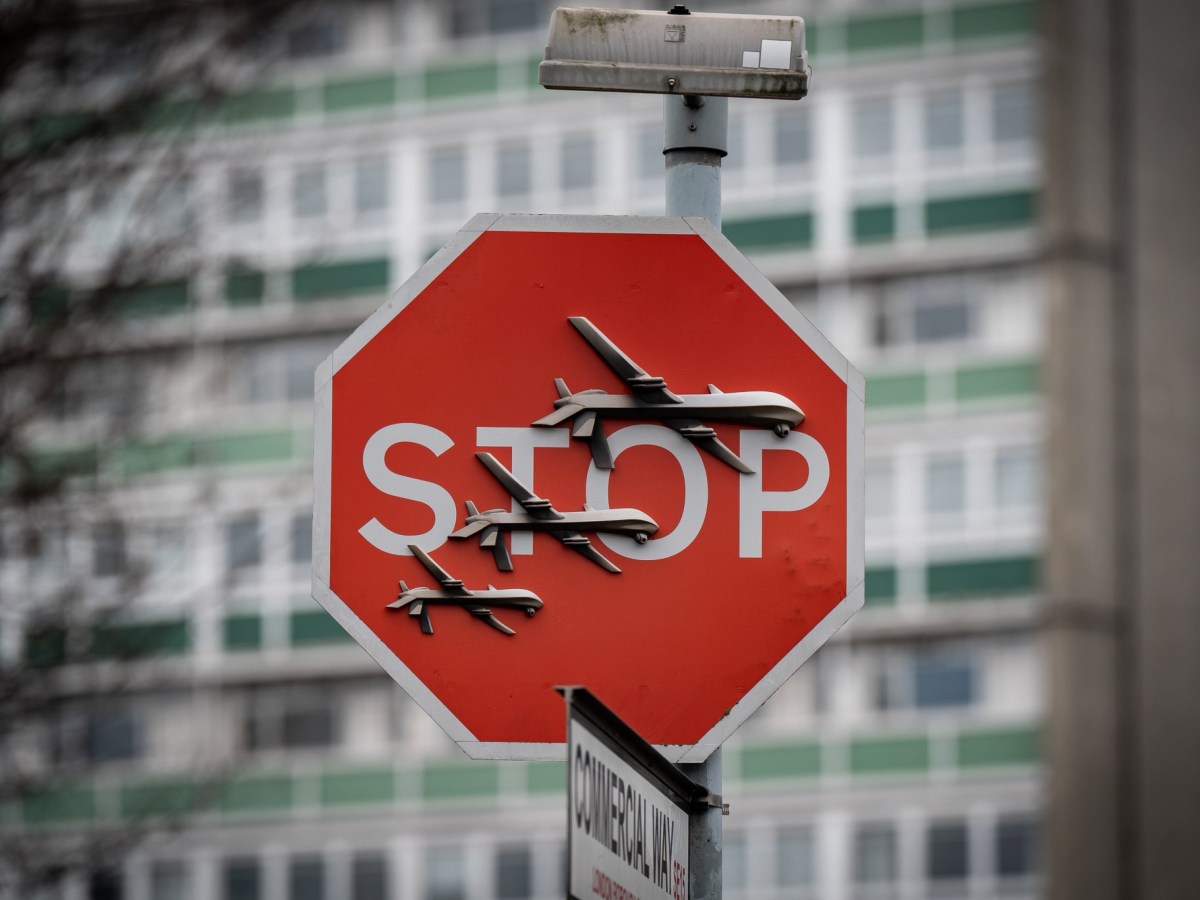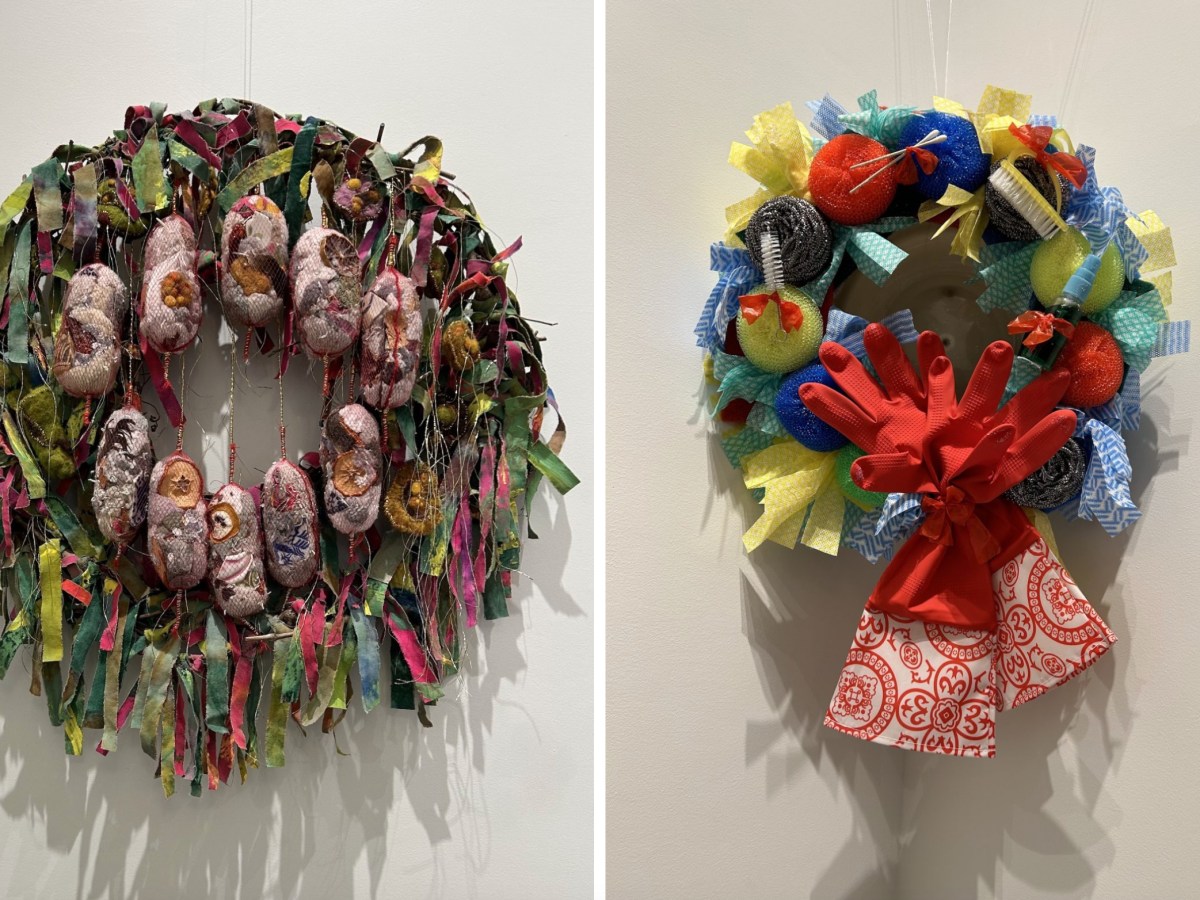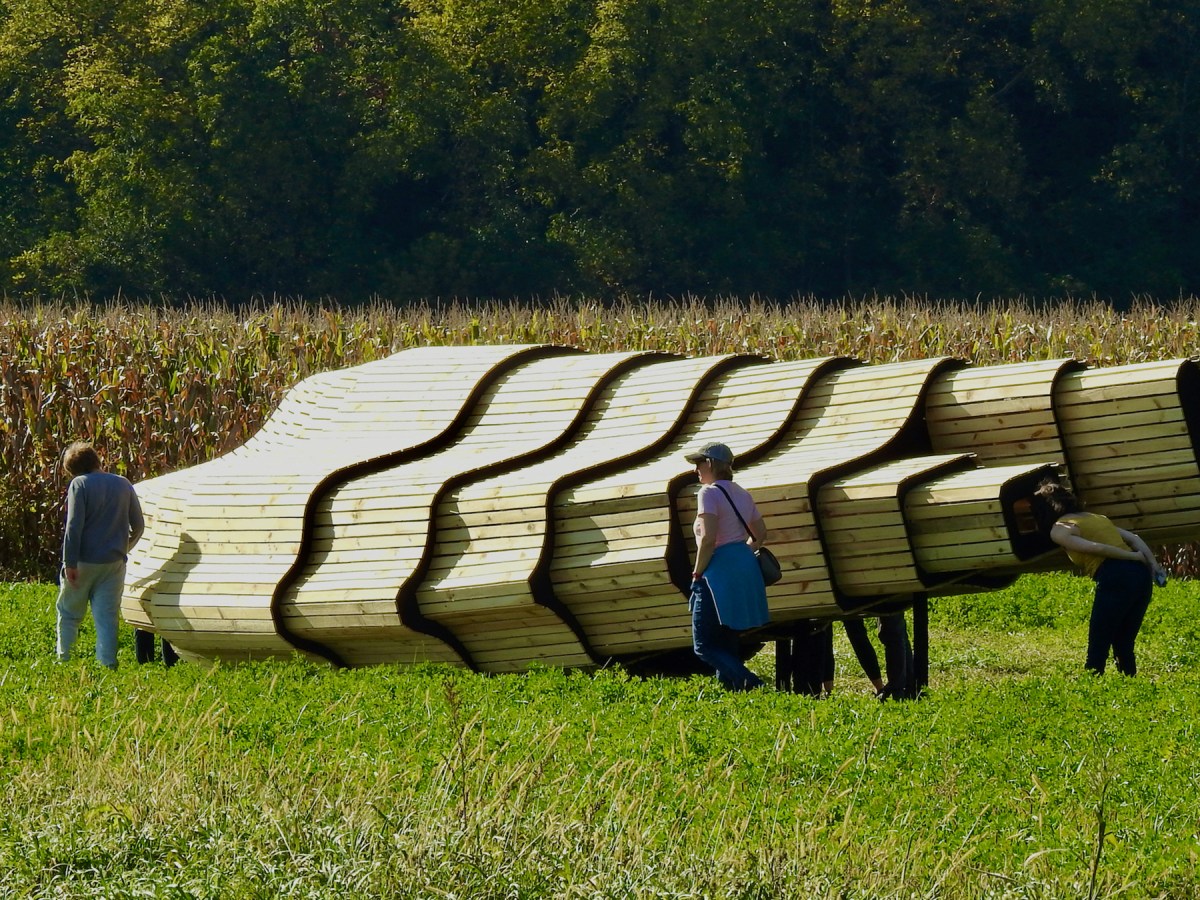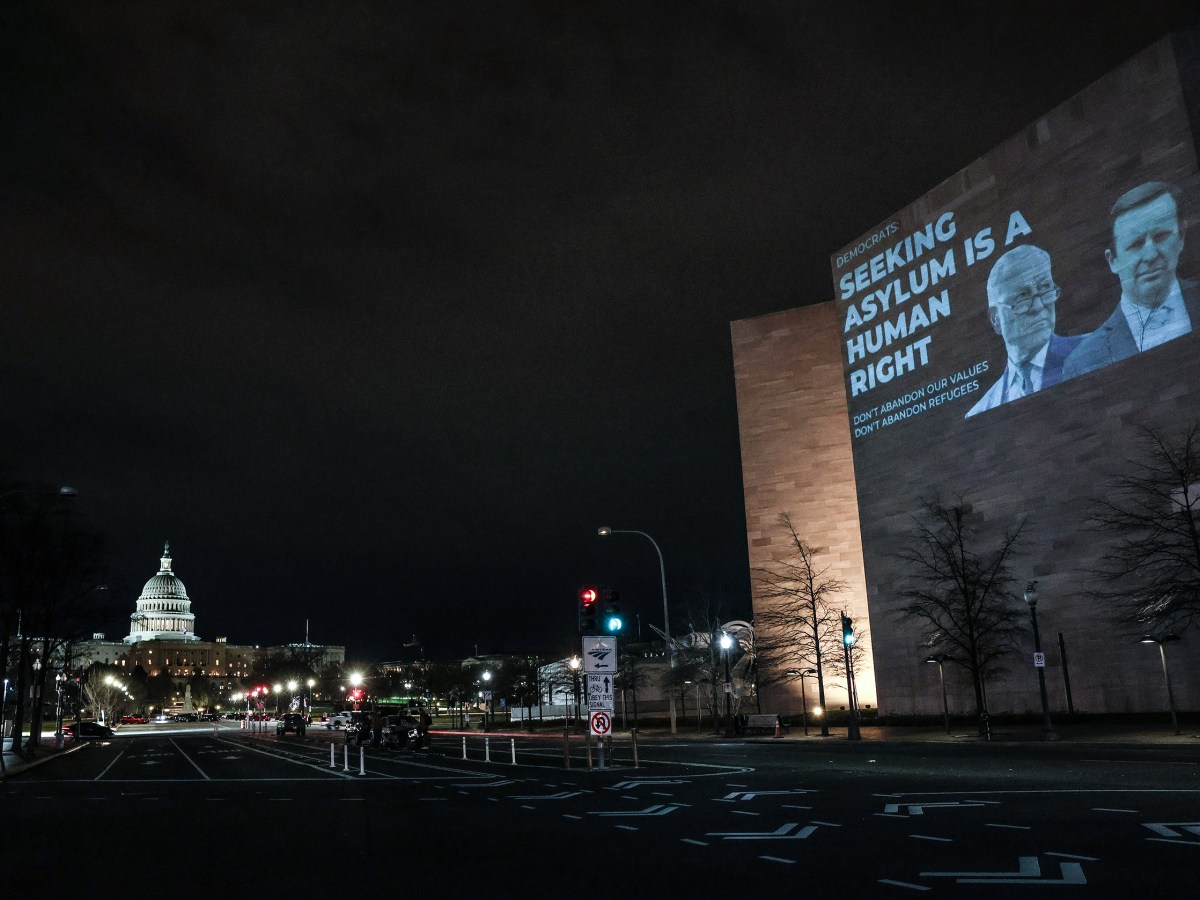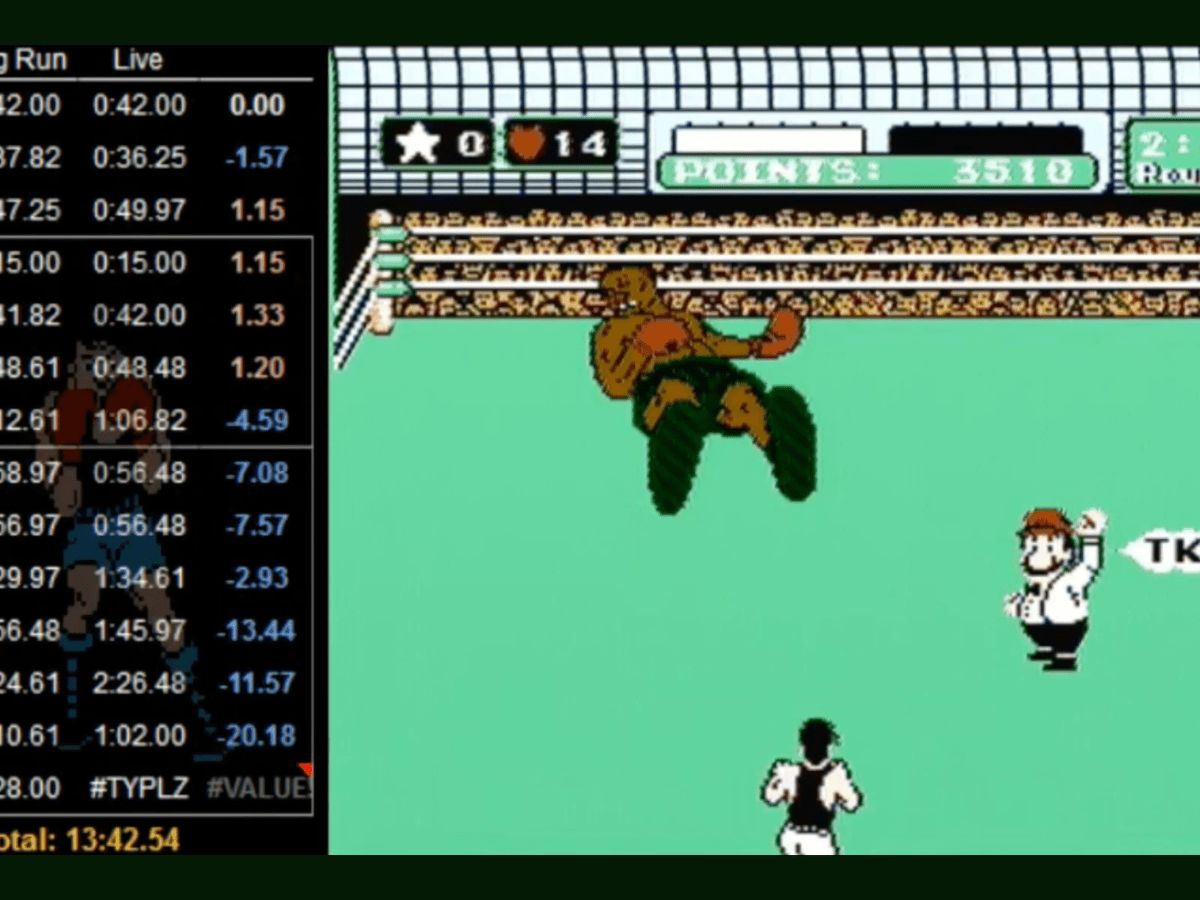Editor’s Note: This article was produced in collaboration with the Arts & Culture MA concentration at Columbia University’s Graduate School of Journalism.
***
In “Once the dust settles, flowers bloom” (2023), which was recently exhibited in New York at the Joyce Theater as part of French Institute Alliance Française’s Crossing the Line Festival, choreographer Olivier Tarpaga highlighted the women of Kaya, the West African city of his birth, refusing to portray them as faceless victims. Tarpaga urges his audience to acknowledge the casualties in the conflict between the state and Islamist rebels in his home country of Burkina Faso in West Africa. In his own words, Tarpaga wanted to avoid another “woe-is-Africa” story and instead reveal the individual experiences that can get lost in geopolitical narratives. Tarpaga based the performance on stories he heard from individual refugee women in Kaya who were displaced by jihadist incursions.
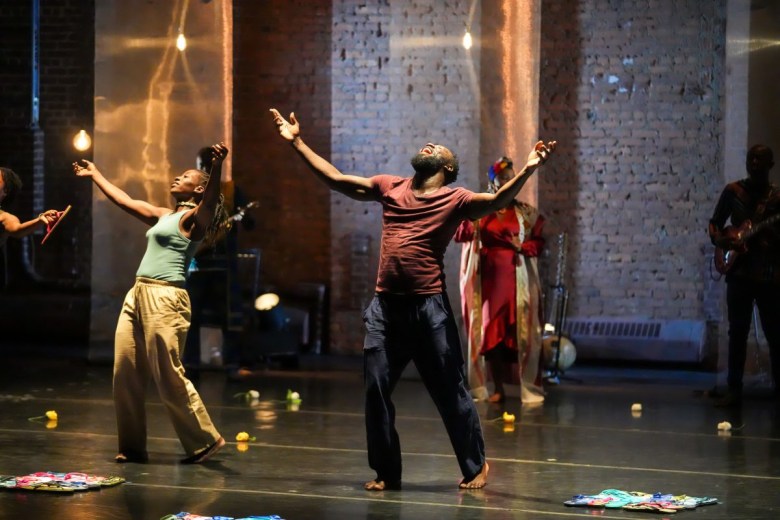
Their experiences come across strongly in the non-discursive medium of dance. A 90-minute work of contemporary, African-inflected choreography, “Once the dust settles” produces a tension between horror and beauty as the piece explores motherhood, womanhood, and feminism under threat of overpowering subjugation. Even as I felt a sense of solidarity with the four women on stage (Joannie Christie Dossou, Aicha Kaboré, Sofia Nmili, and Sylvie Sanou), it was often difficult to watch the overt depictions of violence.
“Once the dust settles” began in silence and stillness. A single dancer sat underneath a low-hanging light with a fabric sack thrown over her head. She did not move or make a noise, even when three men (Ousséni Dabaré, Jean Robert Koudogbo-Kiki, and Michael Nana) entered in tight formation, carrying unidentifiable bundles. They shuffled cartoonishly; it was hard to tell whether to laugh or feel terrified. Initially reading their movement as a mockery of men’s attempts at domination, the presence of the unguarded, blinded woman on the other end of the stage quickly created a threatening sense of vulnerability.
The men launched their bundles upward and, in a sudden burst, flip-flops rained onto the floor. The shoes became a fixture of the performance: at various moments, dancers stacked, balanced, tossed, threw, cursed, and prayed at them. The shoes evoke the unmistakable iconography of mass death, a weighty reminder of the absence and loss of those who might have filled them.
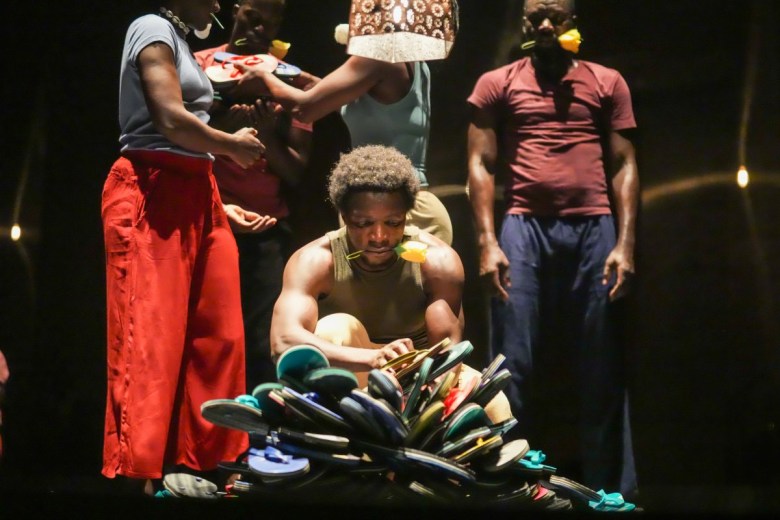
When one of the men roughly seized the covered woman, they tumbled and struggled. Repeatedly, she fought back and then went limp until she was overcome. He carried her to the heap of flip-flops and placed her atop them. As the others watched, he gyrated above her, an implicit — and stomach-turning — sexual assault.
But Tarpaga did not let violent sequences overwhelm the piece or amount to familiar tropes of passive victimization. The choreography included segments of intense spinning, a sequence where all the dancers lie on the floor like dominoes, each one’s motions affecting the movement of the next. Highly controlled, jerking gestures suggest how outward forces, like those who compel refugees to leave their homes, push and pull on victims’ bodies.
Acts of resistance dot the piece, modeled on the methods of survival deployed by Burkina Faso’s women to this day. In one scene, female dancers resuscitate each other — discarded, they band together and bounce their hips in joyful, groovy solidarity.
Resistance is embedded in the performance in less obvious ways, too, particularly in its live music. Five musicians (Wassa Kouyaté, Saidou Sangare, Seydou Koïta, Boubacar Djiga, and Issouf Dembélé) play behind sheets of mosquito nets — a call to the makeshift tents that refugees fashion for themselves in a public square of Kaya. Kouyaté is Mali’s only professional female player of the kora, an Indigenous 21-string instrument. She leads her all-male bandmates in a West African score composed by Tarpaga.
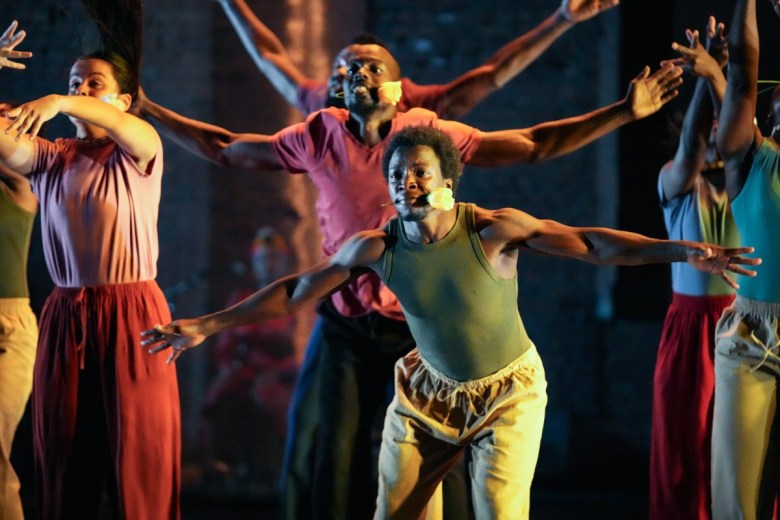
One explicit, direct response to the jihadists in Kaya slipped itself onto a flag that their theatrical counterparts carry. In place of the Arabic that adorns the jihadist banner the fighters wield on the battlefields and streets of the city, Tarpaga crafted a small defiant image. Though it can easily be missed, it offers a glimpse of hope in place of Kaya’s chaos where, as Tarpaga’s program notes, “The women cannot bloom;” it is the outline of a uterus.

